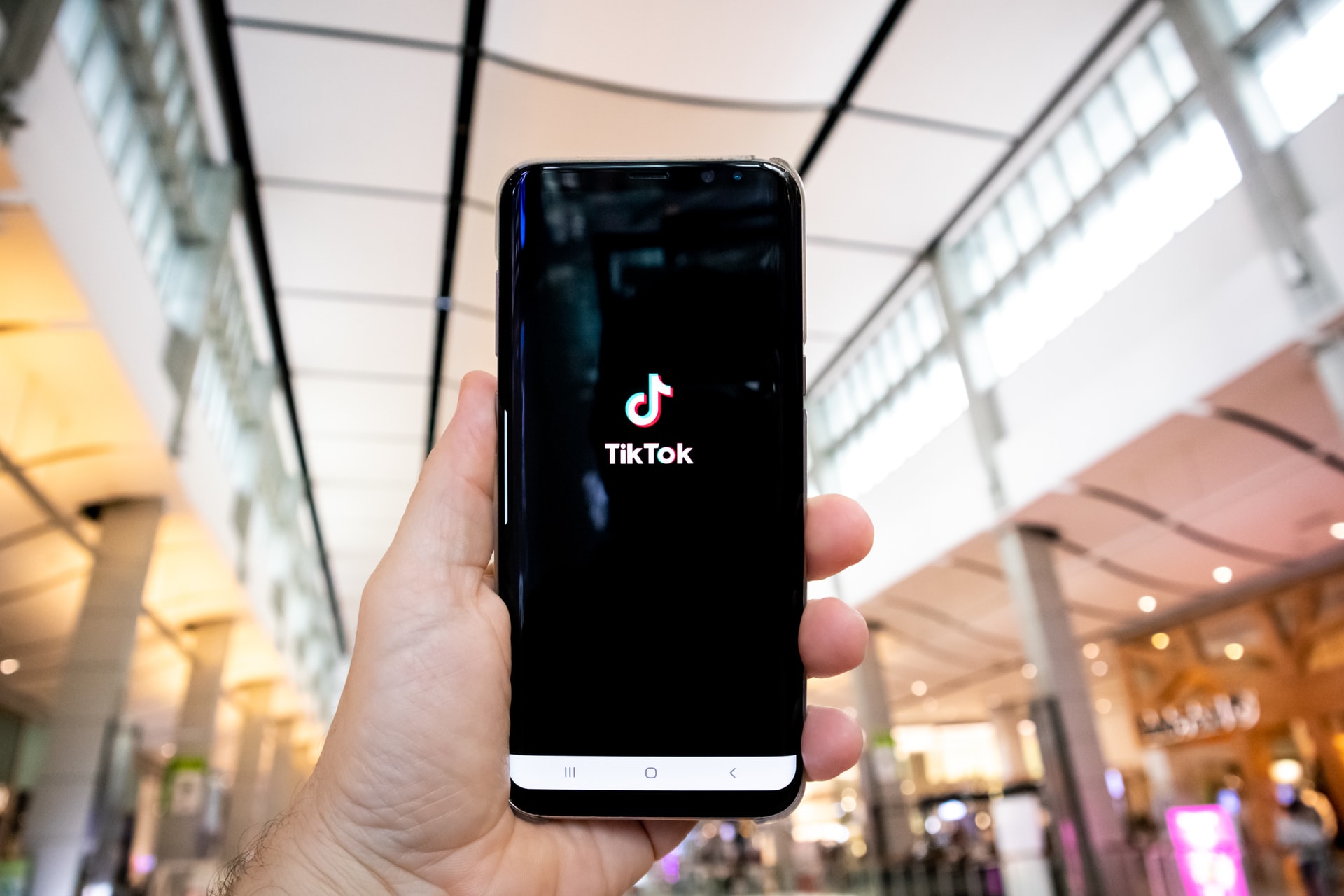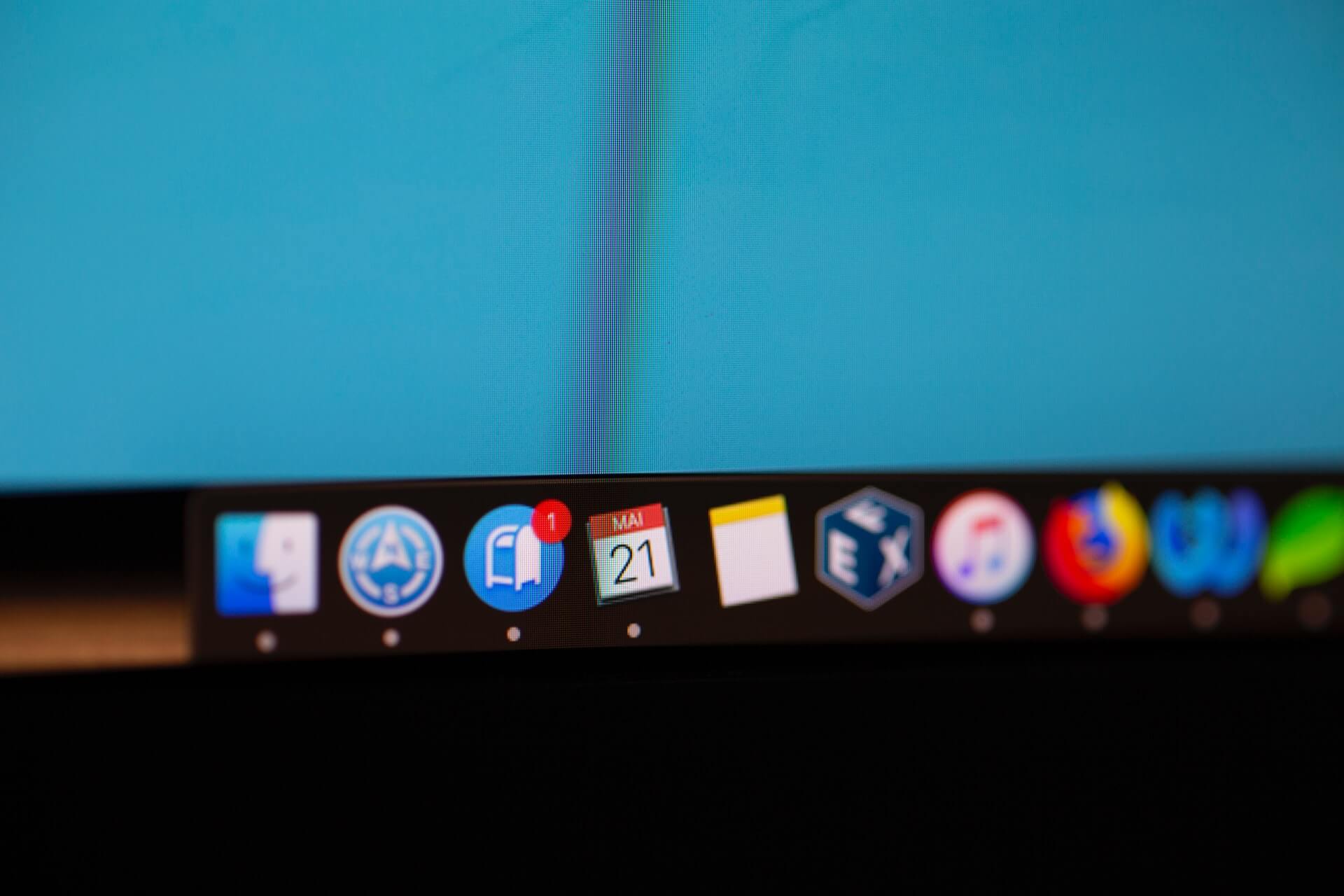Recently, TikTok updated its user privacy policy, in a hush-hush way. Most of its users will have clicked on the “agree to privacy policy terms” checkbox without reading through it thinking. But for those who take privacy seriously, the update raised yet another red flag.
Before we dive into the update, let’s get some perspective…
In the past, TikTok has been under fire for doing some not-so-legal things:
- On November 27, 2019, a group of TikTok users in California filed a class-action lawsuit against TikTok and ByteDance, saying the TikTok app “includes Chinese surveillance software.” The lawsuit claims TikTok collects all videos shot on the app, even if the videos are not published or even saved. The lawsuit goes on to allege that TikTok uses the videos and photos users upload to collect biometric data (such as face scans) without user permission and that even after you close the app, TikTok continues to collect biometric data- cc this article on Proton Mail. Two years later in the most recently updated privacy policy admits to this.
- TikTok has been under fire for using the voice of Canadian actress Bev Standing…without her permission.
- In 2020, TikTok updated its internal video review policies for marketing purposes – in what can be seen as discriminatory. In this policy, they reduced the audience reach of videos by users who they deemed “uncool”, these included “ugly people,” “broke people,” “unkempt people,” and in a not-so-cool way…people with pot bellies. What did pot-bellies do to deserve such discrimination?
With the recent update that started being effective in June 2021, the TikTok app now has access to the biometric data of many of the countries in the world, except those that have strict privacy rules. The biometric and bio identifier data they can now collect includes faceprints and voiceprints, which again according to their policy may be shared with third parties “where necessary.”
Considering that TikTok is owned by ByteDance, a China-based company, all of its users are at risk of having their data shared with or extracted by the Chinese government. China’s National Intelligence Law, passed in 2017, allows the government to compel any Chinese company to provide practically any information it requests, including data on foreign citizens.
And now, the company is one of the main sponsors of the EURO2020 football tournament.
If you are a TikTok user, you should probably think twice about how much of your personal data (including biometric data) you want to share with a company that is compelled by Chinese law to hand over all its data to the government.









